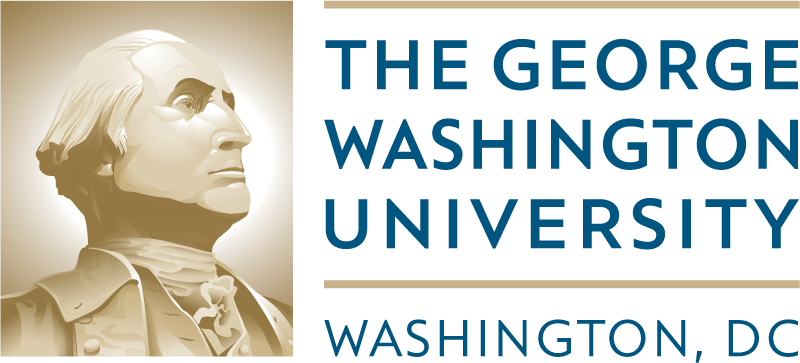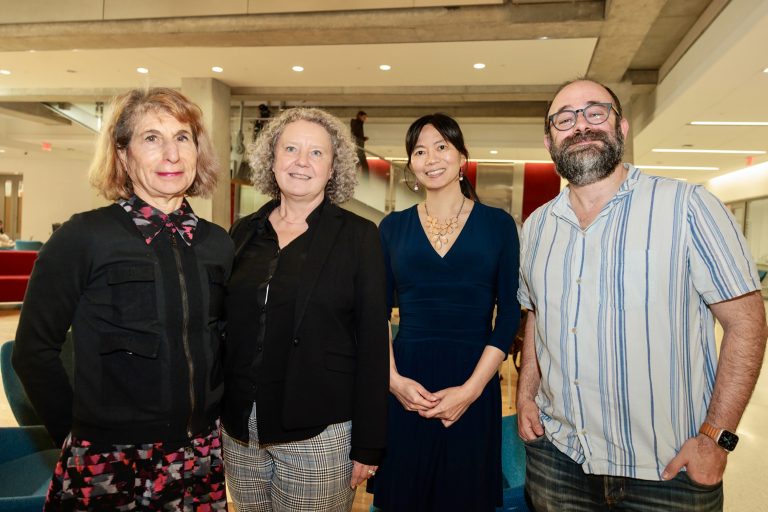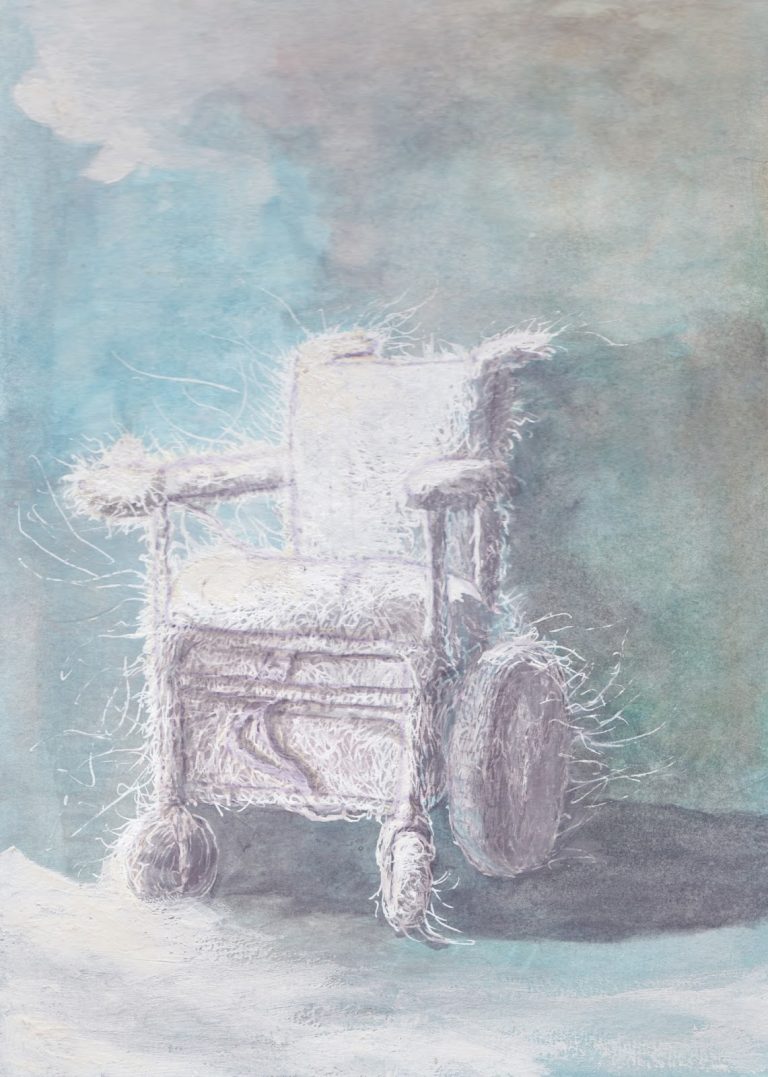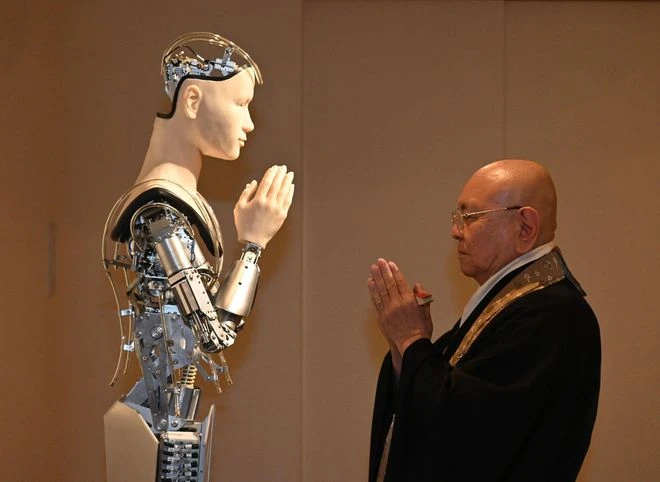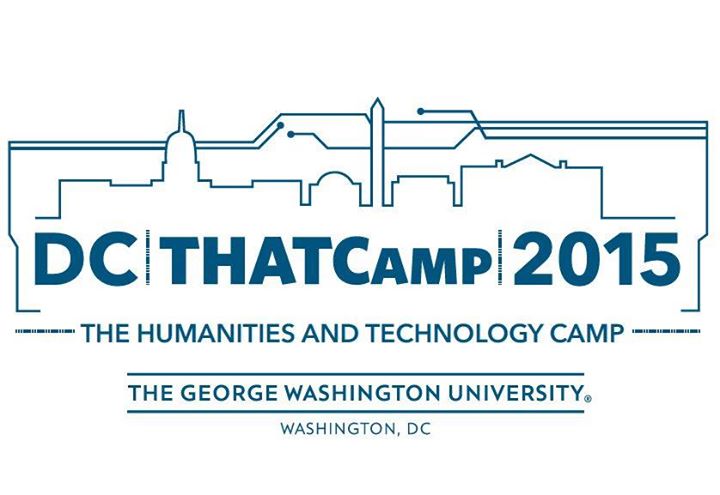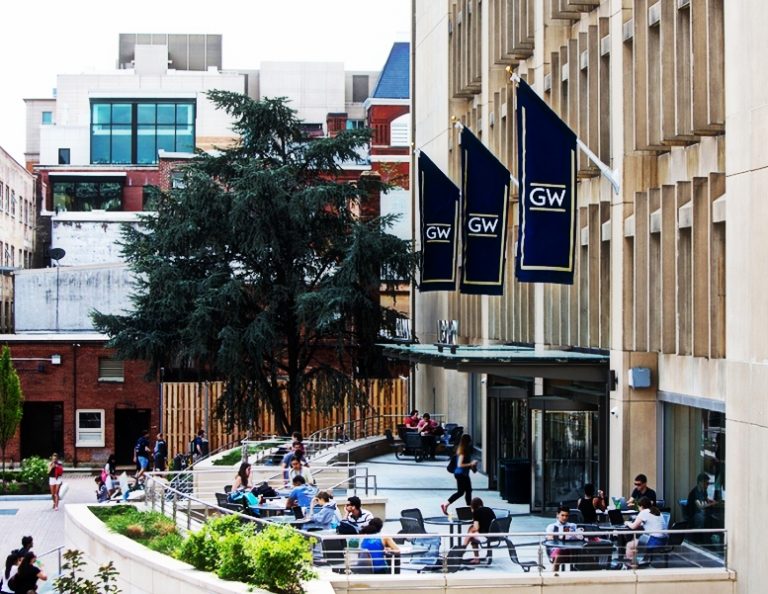Joubin Named the Inaugural Public Interest Technology Scholar
Digital Humanities Institute founding co-director Alexa Alice Joubin has been named George Washington University’s inaugural Public Interest Technology (PIT) Scholar. Here is a news story. Along with two other PIT scholars, Susan Ariel Aaronson and David Karpf, Joubin will facilitate cross-disciplinary research and teaching, seek new collaborations at GW and beyond, and deliver a university-wide lecture.
Professor Joubin is a leading voice in generative artificial intelligence (AI) and social justice issues. She approaches AI from humanistic perspectives. She examines critically AI’s impact on higher education and societal perception of written words. In her courses, she teaches critical AI literacy.
Beyond her work on public interest technologies, Professor Joubin is a faculty of the GW Trustworthy AI Initiative, TAI (her Digital Humanities Institute is a partner program of TAI). The TAI was launched in April, 2024.
Joubin is also an affiliate at the NSF’s Institute for Trustworthy AI in Law & Society (TRAILS) which is based at both the University of Maryland College Park and George Washington University.
Joubin, who is working on multiple projects examining the interplay of technology, language, culture and the public interest, spoke passionately about the importance of involving humanities and arts scholars in conversations about tech, and vice versa.
The written word, she pointed out, is itself a form of technology that no current scholarship has bettered. Where technology and the humanities intersect—which, increasingly, is everywhere—these intersections “force us to ask and rethink longstanding questions about moral agency, trustworthiness, the mind and body and the relationship between humans and machines.” Such questions may seem esoteric, and projects on the borders of PIT may currently seem fringe. But, as Joubin pointed out, knowledge can only advance at the borders of what’s currently known.
As PIT Scholars, she and her colleagues can “showcase the value of being atypical.” “Atypical work is where breakthroughs are possible,” she said. “There is value in being a little bit of a weirdo.”
GW has been a member of the Public Interest Technology University Network (PIT-UN) since 2020, and the Digital Humanities Institute is at the core of that endeavor.
